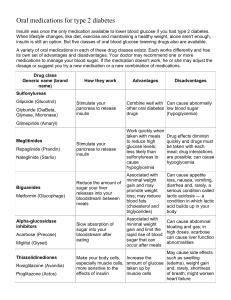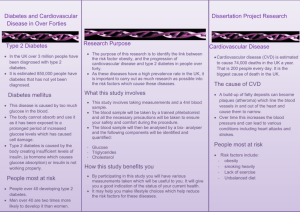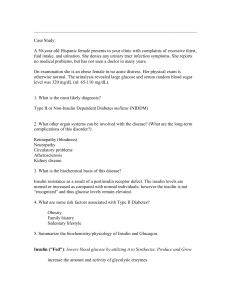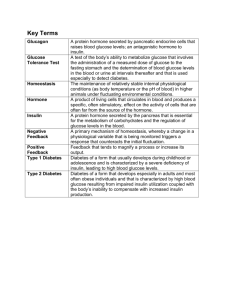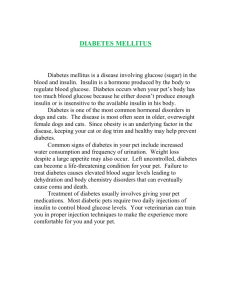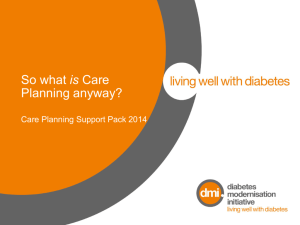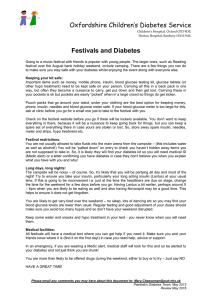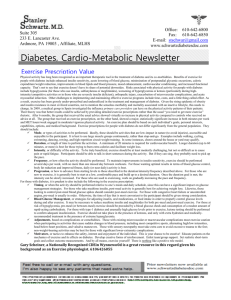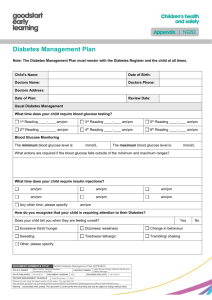LOW-COST COMMUNITY ACUPUNCTURE CLINIC IN MAKAWAO
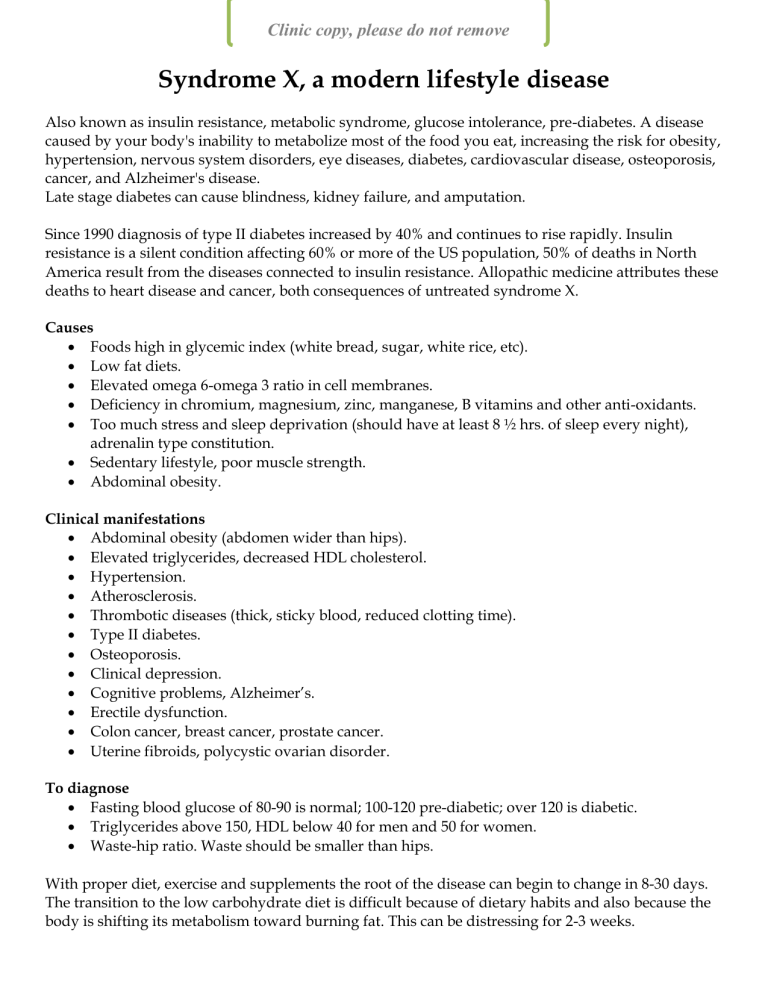
Clinic copy, please do not remove
Syndrome X, a modern lifestyle disease
Also known as insulin resistance, metabolic syndrome, glucose intolerance, pre-diabetes. A disease caused by your body's inability to metabolize most of the food you eat, increasing the risk for obesity, hypertension, nervous system disorders, eye diseases, diabetes, cardiovascular disease, osteoporosis, cancer, and Alzheimer's disease.
Late stage diabetes can cause blindness, kidney failure, and amputation.
Since 1990 diagnosis of type II diabetes increased by 40% and continues to rise rapidly. Insulin resistance is a silent condition affecting 60% or more of the US population, 50% of deaths in North
America result from the diseases connected to insulin resistance. Allopathic medicine attributes these deaths to heart disease and cancer, both consequences of untreated syndrome X.
Causes
Foods high in glycemic index (white bread, sugar, white rice, etc).
Low fat diets.
Elevated omega 6-omega 3 ratio in cell membranes.
Deficiency in chromium, magnesium, zinc, manganese, B vitamins and other anti-oxidants.
Too much stress and sleep deprivation (should have at least 8 ½ hrs. of sleep every night), adrenalin type constitution.
Sedentary lifestyle, poor muscle strength.
Abdominal obesity.
Clinical manifestations
Abdominal obesity (abdomen wider than hips).
Elevated triglycerides, decreased HDL cholesterol.
Hypertension.
Atherosclerosis.
Thrombotic diseases (thick, sticky blood, reduced clotting time).
Type II diabetes.
Osteoporosis.
Clinical depression.
Cognitive problems, Alzheimer’s.
Erectile dysfunction.
Colon cancer, breast cancer, prostate cancer.
Uterine fibroids, polycystic ovarian disorder.
To diagnose
Fasting blood glucose of 80-90 is normal; 100-120 pre-diabetic; over 120 is diabetic.
Triglycerides above 150, HDL below 40 for men and 50 for women.
Waste-hip ratio. Waste should be smaller than hips.
With proper diet, exercise and supplements the root of the disease can begin to change in 8-30 days.
The transition to the low carbohydrate diet is difficult because of dietary habits and also because the body is shifting its metabolism toward burning fat. This can be distressing for 2-3 weeks.
Diet
Meals should be high in vegetables, fiber, and protein.
Main meal to set up metabolism is breakfast. Your breakfast should contain bitter greens
(arugula, watercress, dandelion) with lemon juice and olive oil as your dressing and a white protein (turkey, fish, chicken, eggs.)
Take bitter herbs (talk to anjelika) prior to meals to improve digestion.
Limited consumption of carbohydrates (fresh or dried fruit, wheat, sugar, all starches, white rice, potatoes, pasta, bread).
Increase consumption of foods high in omega 3 fatty acids (wild salmon, cod liver oil, organic animal fat).
No soft drinks or alcohol.
No snacking unless it’s in the nut family.
Don’t skip meals, eat regularly.
No meals for at least four hours before retiring for the night.
Exercise
Resistance type exercise most days for at least 20 minutes. Muscle building exercise, military type calisthenics, weight programs at the gym, if running or cycling go uphill, free style swimming.
Adaptation to stress is very important in insulin resistance. Stress promotes secretion of cortisol resulting in elevated blood sugar. Manage through spiritual practice of yoga, tai chi, qigong, and meditation.
Supplements- 2 months protocol (vitacost.com has these quite affordable, choose reputable companies like solgar, or life extension).
Magnesium 400mg. 2 times a day.
Zinc
Manganese
Chromium
B-100 complex
Vitamin C
Vitamin E
CoQ10
Selenium
L carnitine
60mg.
2-5mg.
600-800 mcg.
1000mg.
800IU
60mg.
100mcg.
500-4000mg.
Results of above treatments are usually evident within one week.
Rapid loss of water weight.
Rapid reduction of blood pressure.
Sustained weight loss of 1lb. per week.
Reduced food cravings and appetite.
Improved mental clarity.
Improved energy level, steadier throughout day.
Better tolerance of stress.
Radically improved glucose control in diabetics.
No long term clinical trials have been done, but, presumably, reduced risk for the chronic diseases of civilization.

